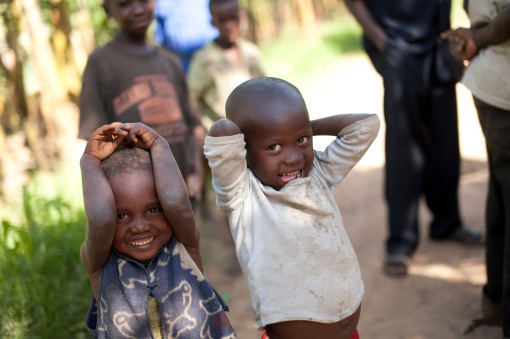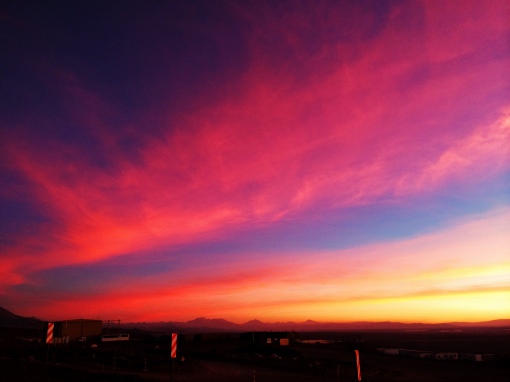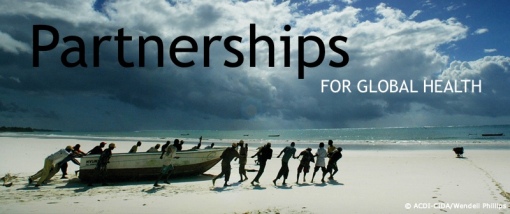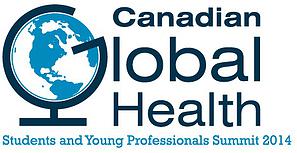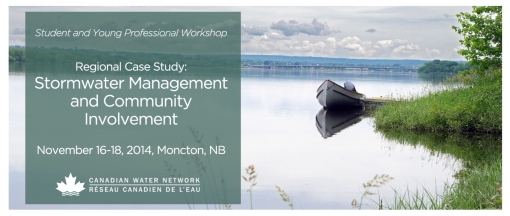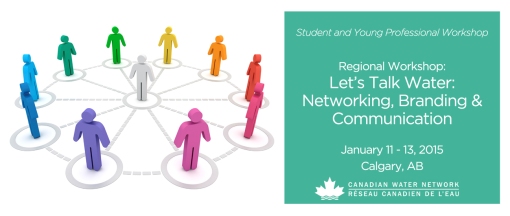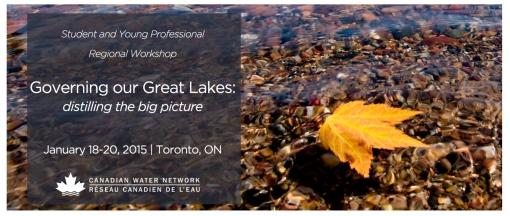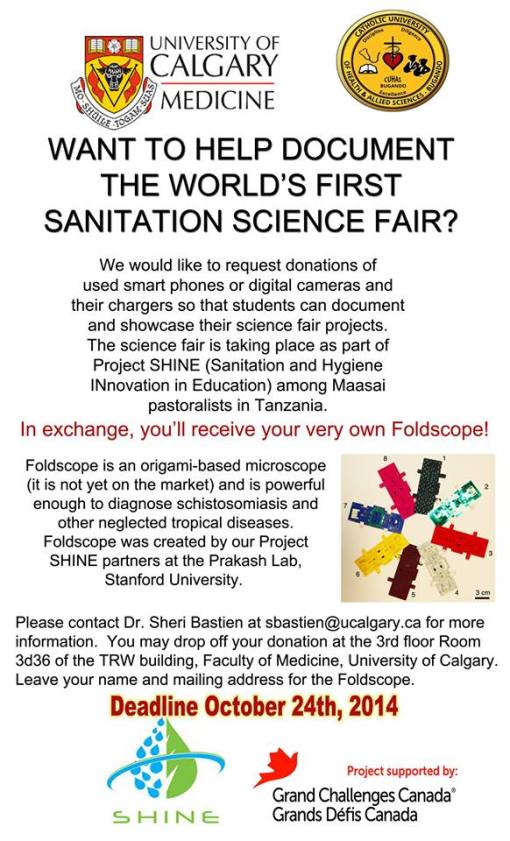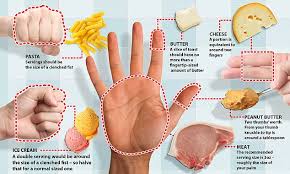Since June 2014, I can officially sign as: Sarah Topps, MPH
This has been a strange year for me, with a lot of ups and downs. There have been a number of major life changes which have somewhat interrupted the frequency of my online writing. I hope to change this in the coming months, despite still being busy! I have been really fortunate to be working on a number of interesting projects and teams, so let me give you the latest for each one.
1) Working at the University of Calgary on a project called Healthy Child Uganda.
Excitingly, our new website just went up! HCU is an amazing team, and I love my work with them. Check it out here: http://www.healthychilduganda.org/
2) Surprise work trips to South America!
In September, I was also honoured to be offered the opportunity to travel with Dr. Marc Poulin (University of Calgary) to the Atacama Large Millimeter/submillimeter Array (ALMA) for their Safety Week Conference, focusing on the health impacts of working at high altitude. I would like to share the Impact Report that I wrote for the visit with you – particularly since this one has attracted quite a few compliments from my superiors, and as a Global Health alumnus, I found it so challenging to find good examples of this kind of documentation that we need to learn when I was a student. I hope it helps someone learn:
Impact Report – ALMA Safety Week Conference Sept 23 – 25 – FINAL © Sarah Topps 2014
Having dinner with world-class physicists every night is pretty cool. The sunsets were pretty spectacular too…This was taken literally from outside of my hotel room at ALMA. – Sarah Topps 2014
3) Speaking at Global Health Conferences and Events
We have also been making good progress with the new Student Executive arm of the Canadian Coalition for Global Health Research. I am excited to announce that I will be speaking about Mentorship at the 21st Canadian Conference on Global Health, along with several of my esteemed colleagues from the CCGHR, the CCGHR Student Executive and the CSIH Mentornet program.
You can view the program here:
http://www.ccgh-csih.ca/assets/Programclean_oct10.pdf
Workshop #1 – Governor General 1 (< this is where to go if you are hoping to join us!)
Building a toolkit for success in global health: The many faces of mentorship
Sarah Topps, MPH (Canadian Coalition for Global Health Research)
At the end of the session, participants will:
- Develop a 5-year roadmap for the next steps to take in their careers.
- Identify pathways to finding a mentor and why this is important.
- Strengthen their peer networks by connecting with others in global health.
I will also be co-presenting with those teams on the same topic at the now sold out Students and Young Professionals Global Health Summit on November 1st in Ottawa. Hope to see some of you there!
4) Promoting water workshops and networking events for students and young professionals.
My other appointment with the Canadian Water Network’s Students and Young Professionals Committee. My team has been doing amazing work pulling together several cool workshops across the country, which YOU can attend for free!
Check ’em out here: http://www.cwn-rce.ca/young-professionals/workshops/upcoming/
We will also be announcing more information about our upcoming bi-annual water conference in March 2015. Stay tuned!
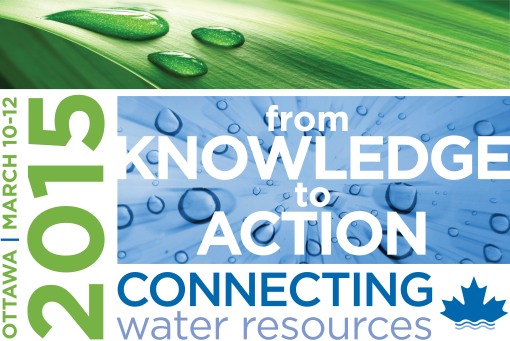
5) Expanding my horizons and donating to a good cause.
Newly interested in another project at the University of Calgary – Project SHINE – which is working with Maasai pastoralists in Tanzania to empower youth to educate themselves and others about sanitation and hygiene. Most recently I have been promoting their drive to collect used digital cameras or used smart phones to document the World’s First Sanitation Science Fair. I donated one of my old digital cameras, and I am very excited to be receiving a Foldscope (a working origami microscope!) in return for my donation.
If anyone is interested in donating, Sheri is still looking for donations. See the poster below for details.
Sarah Topps, MPH © October 2014
